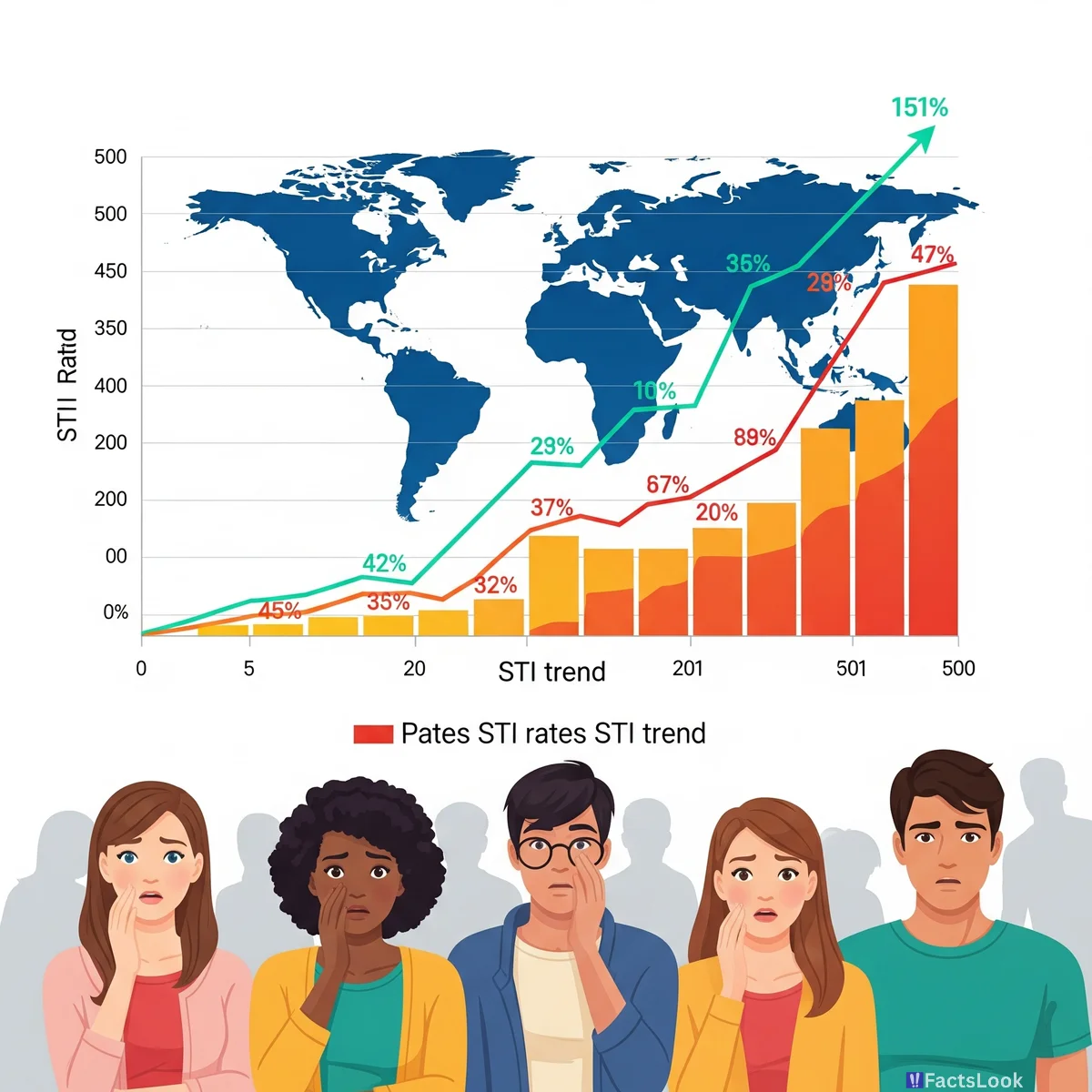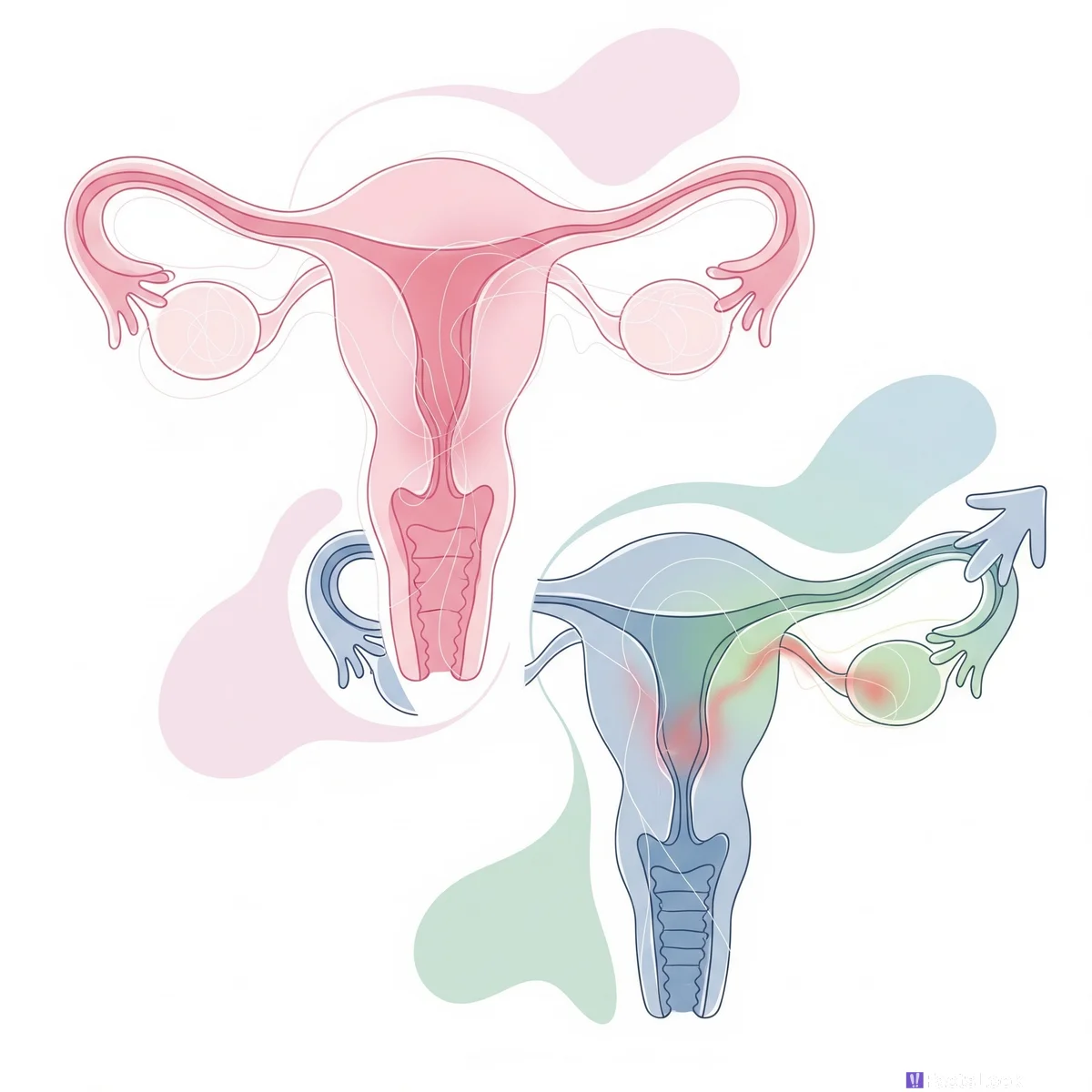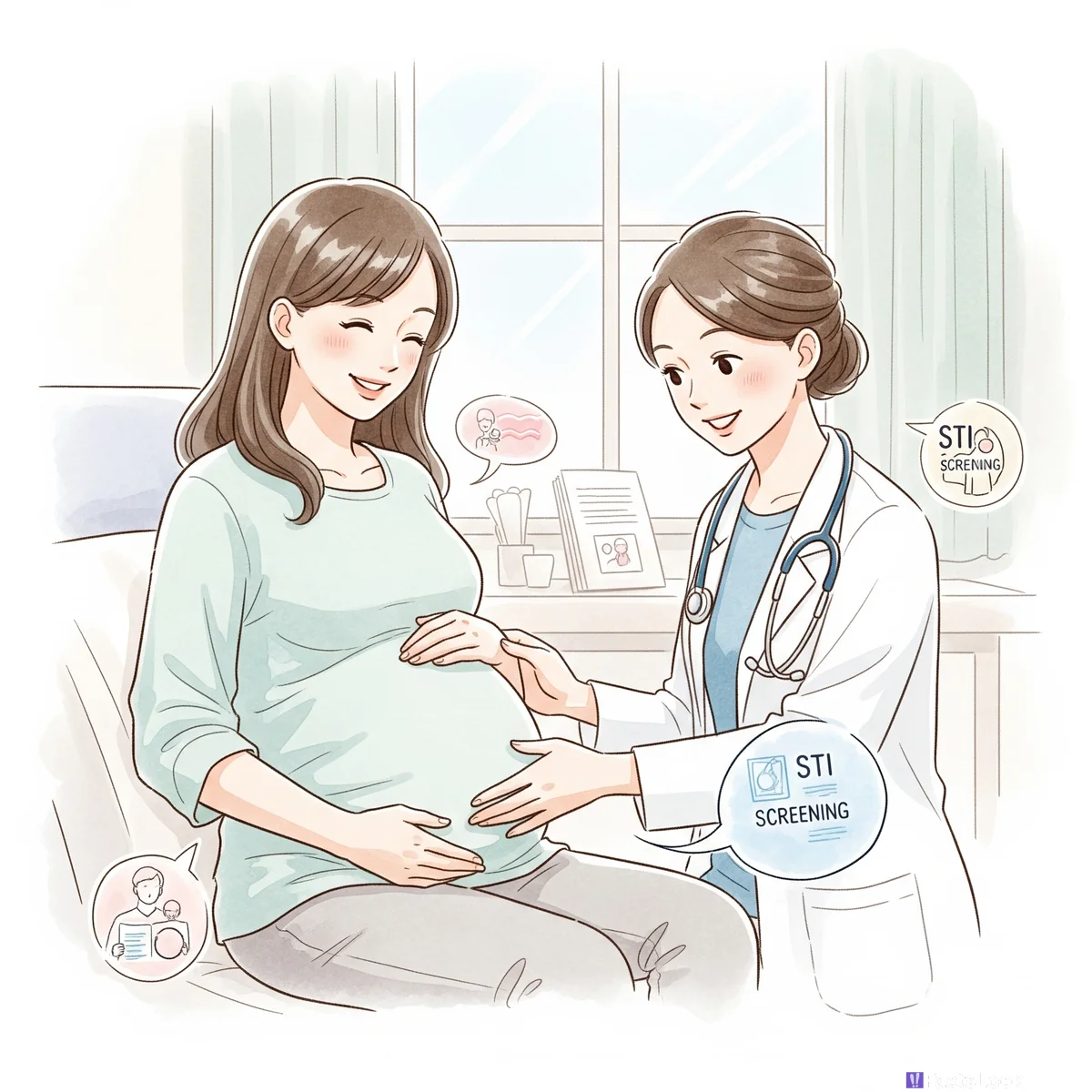25 Shocking STI & STD Facts for 2025: Protect Your Sexual Health
The Silent Epidemic: STI Rates Are Climbing

Globally, STI rates are on the rise, particularly among young adults. The CDC reports record-high cases of gonorrhea, chlamydia, and syphilis in recent years, even *before* 2025. This increase is linked to factors like reduced access to healthcare, increased casual sexual encounters, and antibiotic resistance. Understanding the facts is the first step to protection.
STIs Don't Always Show Symptoms
Approximately 70% of women and 50% of men with chlamydia experience no symptoms. Similarly, many people with gonorrhea or syphilis may not feel sick initially. This means regular STI testing is crucial, even if you feel perfectly healthy. Don't rely on symptoms to alert you to a potential infection.
Oral Sex Isn't Risk-Free
Many assume oral sex is a low-risk activity, but that's a misconception. STIs like gonorrhea, chlamydia, syphilis, and herpes can be transmitted through oral contact. Using barrier protection, like dental dams or condoms, significantly reduces this risk. Don't underestimate this transmission route.
STIs Can Affect Fertility

Untreated STIs can lead to Pelvic Inflammatory Disease (PID) in women, a major cause of infertility. In men, some STIs can cause epididymitis, affecting sperm quality and potentially leading to infertility. Early detection and treatment are vital for preserving reproductive health.
HPV is Extremely Common
The Human Papillomavirus (HPV) is the most common STI. The CDC estimates that most sexually active people will contract HPV at some point in their lives. While many infections clear on their own, some types can lead to genital warts or cancer. Vaccination is a key preventative measure.
There's a Link Between STIs and HIV
Having an STI increases your risk of acquiring HIV. The inflammation and sores caused by some STIs can make it easier for HIV to enter the body. Treating STIs can significantly reduce this risk, and regular HIV testing is crucial, especially if you're sexually active.
Condoms Aren't Perfect, But Highly Effective

While condoms significantly reduce the risk of STI transmission, they aren't 100% effective. Proper and consistent use is crucial. Latex condoms are effective against most STIs, but polyurethane condoms are a better choice if you have a latex allergy. [Source: CDC - https://www.cdc.gov/condoms/index.html]
Certain STIs Can Be Asymptomatic For Years
Syphilis, if left untreated, can progress through stages over years, with initial symptoms being mild or absent. This delayed manifestation makes early diagnosis challenging, highlighting the importance of routine testing, especially for individuals with multiple partners.
Antibiotic Resistance is a Growing Threat
Gonorrhea is evolving to become resistant to many antibiotics, making treatment more difficult. New strains of drug-resistant gonorrhea are emerging globally, posing a significant public health challenge. Responsible antibiotic use and prevention are vital.
STIs Can Affect Pregnancy

Untreated STIs during pregnancy can have serious consequences for both the mother and the baby, including premature birth, stillbirth, congenital infections, and neonatal death. Prenatal screening and treatment are essential for a healthy pregnancy.
Herpes Can Be Tricky to Diagnose
Herpes tests aren't always accurate, especially if you haven't had an outbreak recently. Viral shedding can occur even without visible sores, meaning you can transmit the virus when you have no symptoms. If you suspect herpes, discuss testing options with your doctor.
STIs and Mental Health are Intertwined

Being diagnosed with an STI can lead to feelings of shame, guilt, anxiety, and depression. Openly discussing your sexual health concerns with a healthcare provider or therapist can help you cope with the emotional impact and develop healthy coping mechanisms.
There are Vaccines for Some STIs
The HPV vaccine is a highly effective way to prevent infection with the types of HPV that cause most cervical cancers, genital warts, and other HPV-related cancers. The Hepatitis B vaccine also protects against an STI that can cause serious liver damage.
Long-Term Health Complications Are Possible
Untreated STIs can lead to chronic pain, ectopic pregnancy, infertility, and an increased risk of certain cancers. Even if symptoms disappear, the infection may still be present and causing damage. Follow-up care is essential.
Men Can Get Asymptomatic STIs Too
Though often associated with female health, men can also carry STIs without displaying any noticeable symptoms. This is common with chlamydia and gonorrhea, potentially leading to unnoticed transmission. Regular screening benefits both partners.
STIs and Autoimmune Diseases: A Complex Link

Emerging research suggests a connection between certain STIs, particularly syphilis and HIV, and an increased risk of developing autoimmune diseases over time. The chronic inflammation caused by these infections may trigger autoimmune responses.
The Rise of Mycoplasma Genitalium (Mgen)
Mycoplasma genitalium (Mgen) is a relatively newly recognized STI that is becoming increasingly common. It can cause symptoms similar to chlamydia and gonorrhea, and some strains are developing antibiotic resistance. [Source: American Sexual Health Association - https://www.ashasexualhealth.org/stds-stis/mycoplasma-genitalium]
STIs Impact Beyond Physical Health
Receiving an STI diagnosis can impact social relationships, self-esteem and create stress. Addressing the emotional and psychological consequences alongside physical treatment is important for holistic wellness.
Home Test Kits: Convenience with Caveats
While at-home STI test kits offer convenience, they are not a substitute for a doctor's visit. They may not detect all STIs, and results require professional interpretation. Consult a healthcare provider for comprehensive testing and treatment.
Partner Notification is Crucial

If you test positive for an STI, it's vital to notify your sexual partners so they can get tested and treated. Many health departments offer confidential partner notification services to help you with this process.
Emerging STI Surveillance Technologies for 2025
New technologies like AI-powered disease surveillance and mobile health apps are being developed to improve STI detection and prevention efforts. These tools aim to identify outbreaks faster and make testing more accessible.
STIs and the Gut Microbiome
Research suggests the gut microbiome plays a role in susceptibility to and recovery from STIs. A healthy gut may enhance immune function and reduce the risk of infection.
Reinfection is Possible

Even after successful treatment, reinfection with an STI is possible. Practicing safe sex consistently and getting regular check-ups are essential to prevent recurrence.
Telehealth is Expanding Access to STI Care
Telehealth platforms are making it easier to access STI testing, treatment, and counseling remotely. This is particularly beneficial for people in rural areas or those with limited mobility.
Comments
Loading comments...